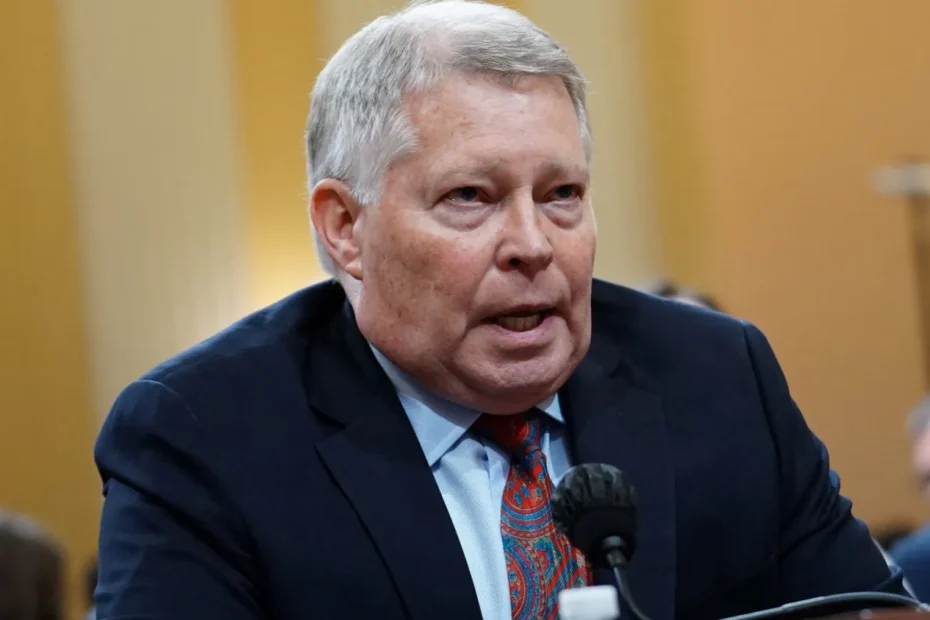the aftermath of the January 6 attack on the Capitol, former federal judge Judge Michael Ludig, who previously discussed constitutional aspects related to the transition of power, has shifted his focus to the 14th Amendment’s Section 3. The recent developments in this legal arena, as of August 19th, have gained momentum, and the Supreme Court is set to address the matter on February 8th.
Judge Ludig’s perspective on Section 3 of the 14th Amendment revolves around whether Donald Trump is eligible to run for the presidency again. He emphasizes the significant constitutional implications of this case and acknowledges its potential to be one of the most consequential Supreme Court decisions for American democracy since the nation’s founding.
The judge points out that the Constitution, described as the great charter of self-governance, is a document belonging to the people of the United States. The preamble, beginning with “We the people of the United States,” underscores the democratic nature of the Constitution, emphasizing that it is designed for the collective benefit and governance of the American people.
Specifically, Ludig delves into the disqualification clause of the 14th Amendment, asserting that millions of Americans are now invested in understanding its meaning. According to Ludig, the former president violated the Constitution by attempting to remain in power after the expiration of his four-year term, thereby obstructing the peaceful transfer of power to his duly elected successor. This violation, in Ludig’s interpretation, constitutes an insurrection or rebellion against the Constitution, as outlined in the plain language of the 14th Amendment.
Judge Ludig highlights the uniqueness of this moment in constitutional history, where public interest in the Constitution’s disqualification clause has surged. He notes that the framers of the 14th Amendment foresaw situations where a president might resist leaving office after losing an election, leading to the insertion of the disqualification clause to address such scenarios.
Regarding the ongoing argument that this issue should be settled politically rather than constitutionally, Ludig, alongside legal experts like Professor Lawrence Tribe, maintains that the Constitution explicitly disqualifies the former president from seeking higher office again. He clarifies that this is a separate point from the argument suggesting that political processes could determine Trump’s eligibility. Ludig asserts that constitutional qualifications should take precedence over political preferences, likening them to other eligibility criteria such as age and citizenship.
In response to concerns about the Supreme Court’s potential interpretation of the case, Judge Ludig expresses the belief that the Court may seek ways to avoid deciding the matter due to its controversial nature. However, he emphasizes that Section 3 of the 14th Amendment leaves few, if any, off-ramps for the Supreme Court to sidestep a decision. Ludig asserts that the clarity of the amendment leaves little room for ambiguity, making it challenging for the Court to avoid a definitive ruling on Trump’s eligibility.
While acknowledging the pressures and political dynamics surrounding the case, Judge Ludig refrains from discussing the political aspects of the Supreme Court’s decision. He anticipates that the Court may be reluctant to decide the case but emphasizes the limited legal avenues available to sidestep the constitutional issue presented by the 14th Amendment’s disqualification clause.
In conclusion, Judge Michael Ludig’s analysis brings attention to the constitutional significance of the 14th Amendment’s Section 3 and its potential impact on Donald Trump’s eligibility for the presidency. As the Supreme Court prepares to address this matter, the legal community, as well as the American public, awaits a decision that could shape the future landscape of American democracy.
